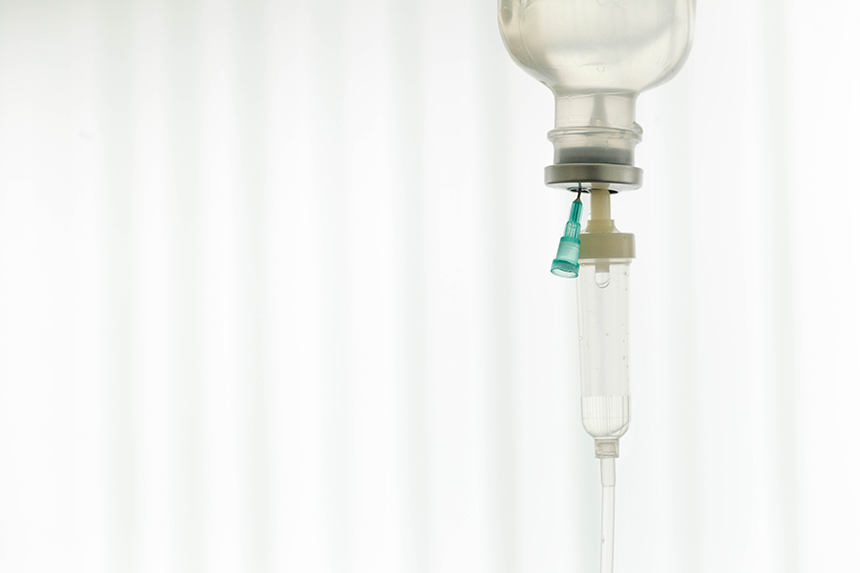Despite the rigorous FDA approval process for medical devices, recalls do happen. And given the vital role medical devices play in patient care, a recall is a big deal.
To avoid compromising patient care, quality and safety, helping healthcare organizations find alternatives to recalled devices is imperative.
Understanding where recalled medical devices are in use
To help providers continue to deliver high-quality care, medical device companies should monitor where their devices can be used if a competitor faces a recall.
The FDA tracks all actions related to recalls in its Medical Device Recall Database and you likely already proactively monitor when recalls are issued through email alerts from the FDA or through ECRI.
However, knowing what devices have been recalled isn’t enough to prevent patient care from being compromised.
You need additional avenues of healthcare commercial intelligence to identify which healthcare facilities are using recalled devices to offer them other options.
Leveraging competitive market share intelligence during a medical device recall
Understanding your market share and that of your competitors can be particularly valuable when there is a device recall.
With our HospitalView product, you gain insight on market share for devices used primarily in hospital settings, such as cardiac output monitors, infusion pumps, ventilators, fetal monitors and more.
If a recall happens, this intelligence allows you to determine which organizations may run into issues delivering patient care so you can offer them an alternative device to prevent disruptions to a patient’s care plan. You can also couple market share data with key contact data to find the correct decision maker to contact to replace recalled devices.
Leveraging claims data during a medical device recall
Not all medical devices are used primarily in the hospital setting. Some devices are implantable, which can pose extra challenges during a recall.
If the recall is severe enough, patients may need to have an implantable device replaced to ensure their health is not at risk - a time-consuming and logistical undertaking. Providers will need a replacement or alternative device ready for these existing patients as well as for new patients. The easier it is for the healthcare providers to access the replacement device, the easier it is for them to ensure their patients’ health is not at risk.
Claims data is a valuable tool for identifying which providers and healthcare facilities are performing the most procedures for implantable devices to see where your device could have the biggest impact. By cross-referencing procedure data with your customer relationship management software, you can prioritize outreach to target contacts with the highest procedures to offer an alternative device and to demonstrate the impact the recall may have on their patient population.
What is the impact of a medical device recall on patient safety?
Not every recall is the same. Some are relatively minor and easy to fix while others are more severe and could cause serious harm or even death.
Given the range of severity, the FDA classifies recalls into three classes based on the level of risk to patient safety:
- Class I recalls are the most serious as they represent a situation where there is a reasonable chance that a product will cause serious health problems or death.
- Class II is less severe as it is classified by a situation where a problem may cause a temporary or reversible health problem or there is a slight chance that it will cause serious health problems or death.
- Class III is the least severe as it represents a situation where a product is not likely to cause any health problems or injuries.
Class I recalls represent the biggest threat to patient care, but Class II and Class III recalls can still lead to shortages or require providers to seek alternative devices until problems with the original device have been addressed.
If providers need to take corrective action or find an alternative medical device, patient care could suffer as a ripple effect of devices being out of commission.
Learn more
Protecting patient safety during a medical device recall is the number one priority for all involved.
Armed with the right healthcare commercial intelligence, you can be prepared to act quickly to help healthcare organizations secure replacement devices and allow them to focus on providing high-quality care.
Want to learn more about how we can help medical device companies get their devices into the hands of the right customers? Book a demo today or explore our medical device bundles to see how we can accelerate your device’s commercialization strategies.




